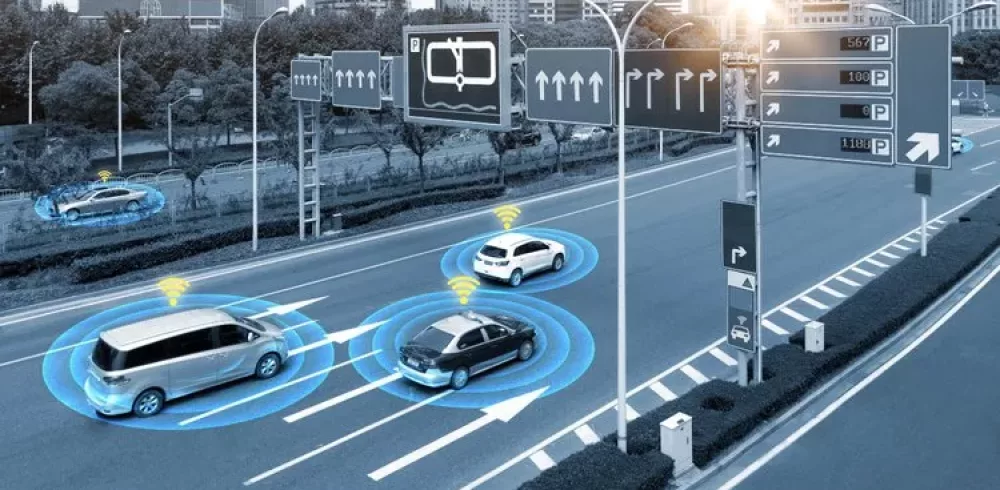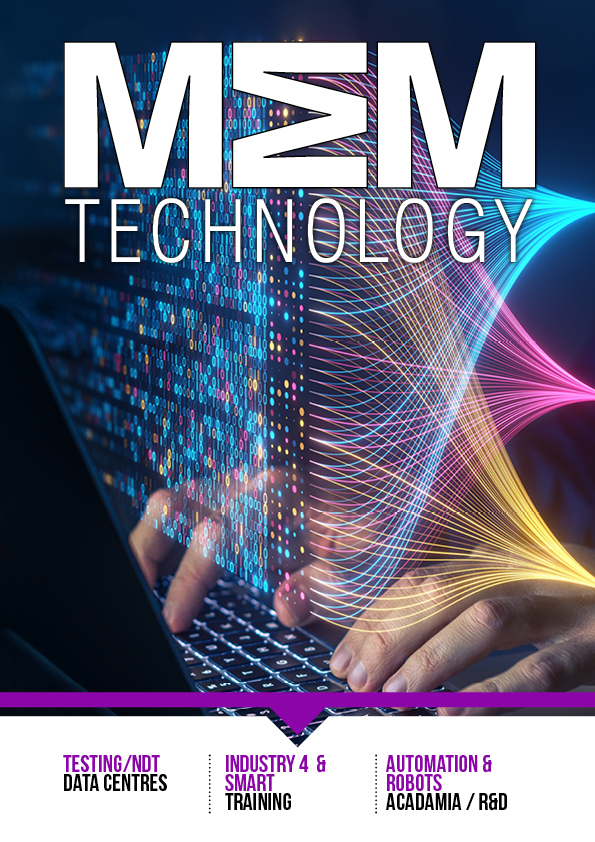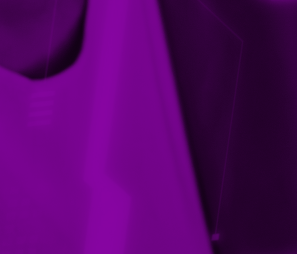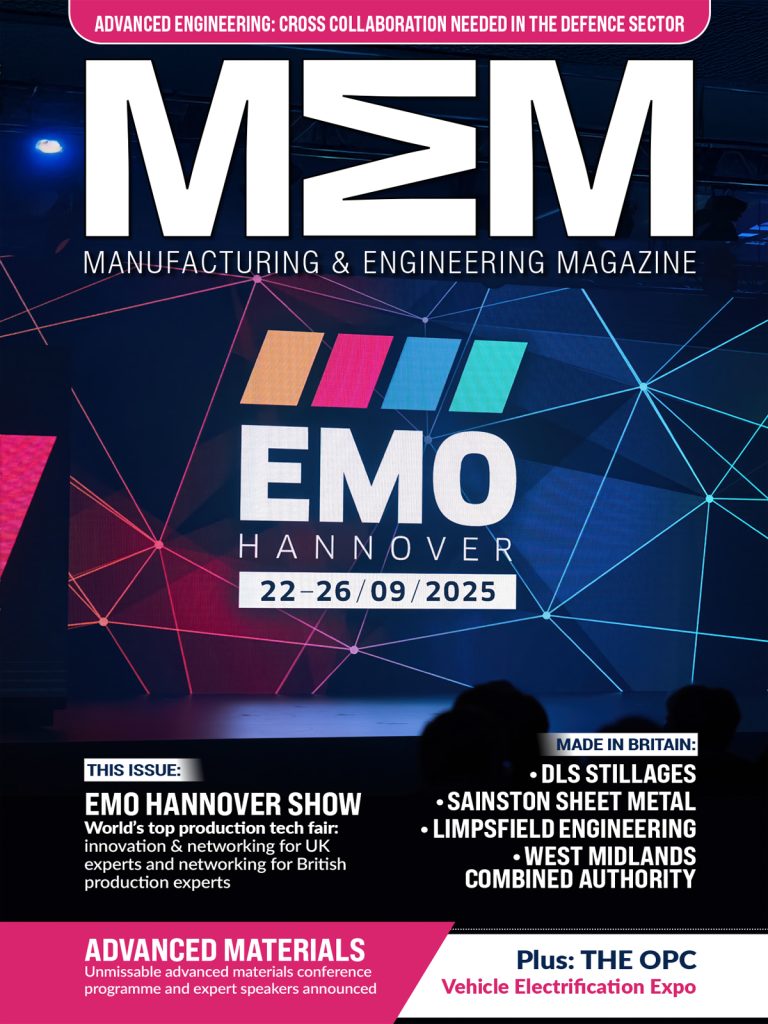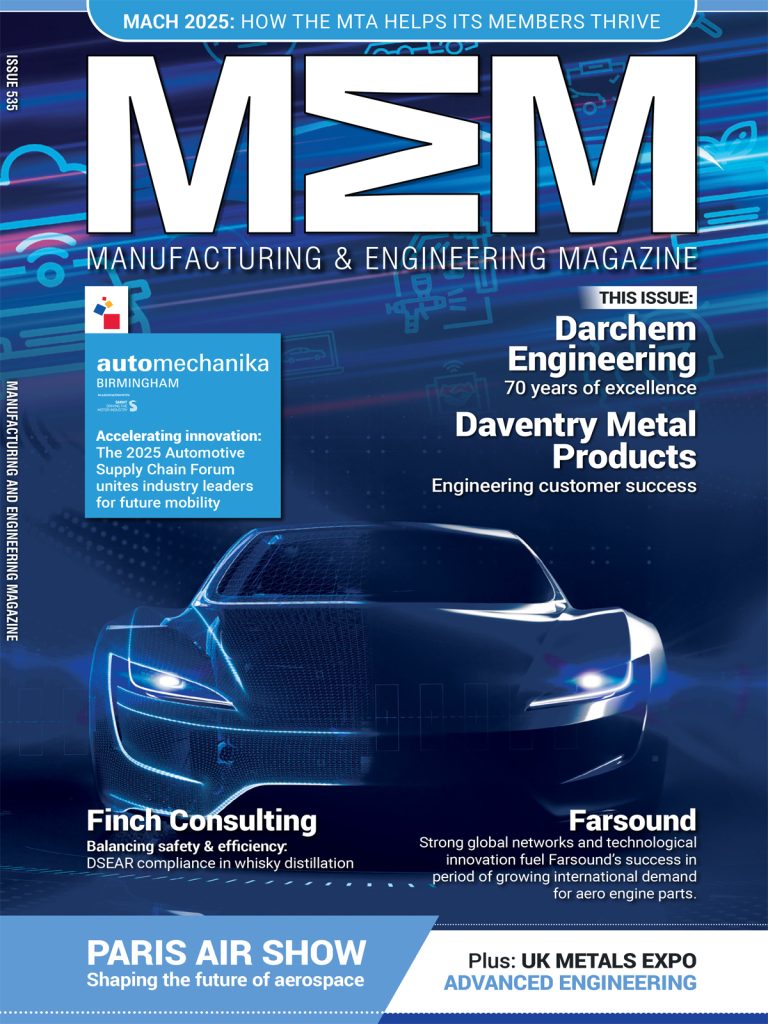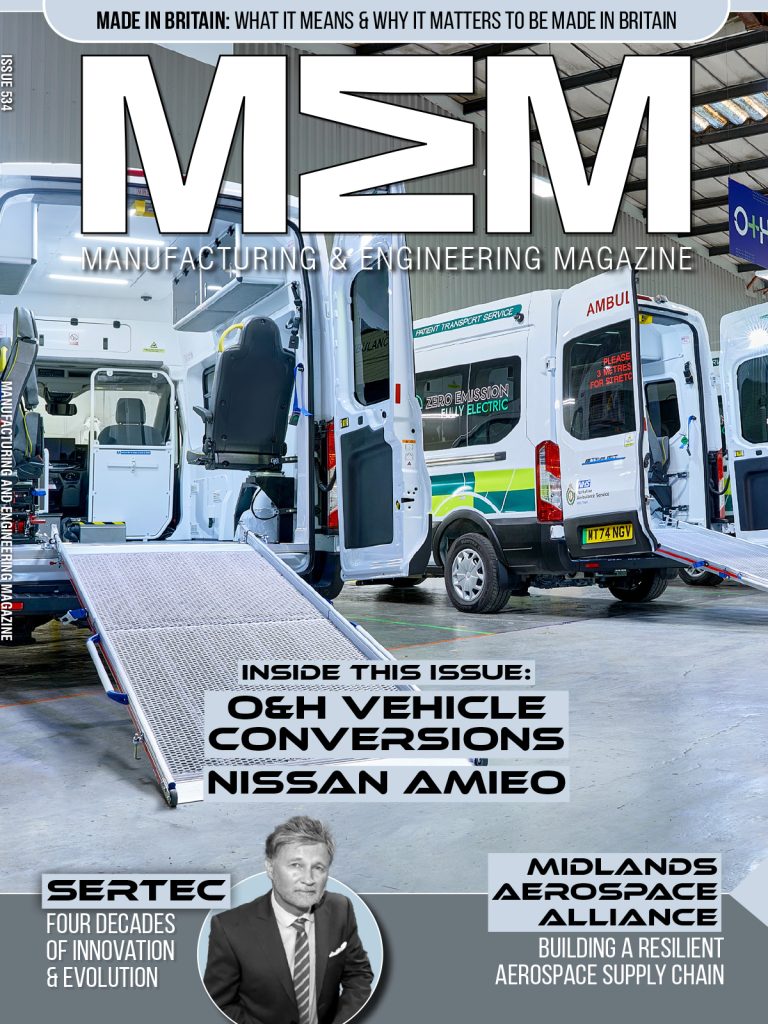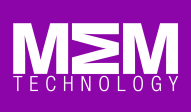Seoul Robotics Partners with ALP.Lab To Enhance Safety on European Roadways With 3D Perception Technology
Partnership delivers key insights to strategically advance EU’s goal of zero fatalities by 2050
Seoul Robotics, the company driving smart 3D infrastructure solutions, today announced a partnership with ALP.Lab, an Austria-based test laboratory for automated driving systems, to provide 3D perception traffic safety systems for the DACH region and Central Europe. The LiDAR systems provide detailed insights into accident-prone intersections and are currently being deployed in Salzburg, Austria.
The European Union (EU) has set a goal of reducing overall road deaths to zero by 2050. Progress has been made across Europe however, the number of bicycle crashes has remained consistently high with it being the only mode of transport that has not declined in fatalities over the past decade. Cyclists have had the greatest increase in serious crash-related injuries at 24%, with a high proportion of cyclist fatalities occurring at intersections. In order to achieve the EU’s goal and save lives, Seoul Robotics and ALP.Lab developed a LiDAR-based system, powered by Seoul Robotics’ perception software, SENSR™, to better understand interactions between vulnerable road users and vehicles.
Salzburg Research deployed the solution in cooperation with the Mobility Laboratory zukunftswege.at after identifying two high-risk intersections with multiple bicycle lanes in the city of Salzburg. The solution was designed to collect and analyze precise and high-frequency data of all road user movements and specific and complex interactions between vehicles and vulnerable road users. “Based on the comprehensive data gained, we can analyze road user behavior and conflict situations and derive valuable insights, which generally contribute to an increase in road safety for all road users and specifically enable improvement measures at the analyzed intersection,” said Siegfried Reich, Managing Director at Salzburg Research.
Access to the infrastructure at the intersections was very easily established via the zukunftswege.at mobility laboratory. “With the help of our real-world laboratory environment, results from the tests can be passed on directly to the city and state of Salzburg as the responsible regional authorities,” said Christian Kainz, Project Manager of the mobility laboratory zukunftswege.at.
“Road design plays an enormous role in user safety and until recently, there’s been very limited quality data that can decipher the chaos and show us where we need to improve,” said Christoph Knauder, Manager Operations at ALP.Lab. “This is especially true for cyclists which are a major pain point in Europe’s mission towards zero road deaths by 2050. We’re excited to grow our partnership with Seoul Robotics so that more cities across Europe can get the insights they need to build smarter, safer roads.”
Each Salzburg intersection has been equipped with four sensors and a LiDAR-Processing Unit running Seoul Robotics’ perception software. This software, SENSR, collects data from strategically positioned sensors for insights into the position and speed of objects within the intersection and is uniquely able to differentiate between cyclists, pedestrians, and vehicles in order to simultaneously and anonymously analyze their movements.
“Improving safety for cyclists and pedestrians not only reduces road fatalities, but also encourages active mobility which reduces congestion, emissions, and generally leads to a healthier population,” said William Muller, Vice President of Business Development at Seoul Robotics. “Together with ALP.Lab, we’re helping Salzburg create a blueprint for mobility solutions and generating huge amounts of quality data for further custom processing and smart city applications.”
SENSR’s industry-leading deep learning AI uses non-biometric data to accurately detect, track, and classify hundreds of street-level objects, even in harsh weather conditions. The 3D perception software is sensor agnostic and able to seamlessly fuse multiple LiDAR makes and models to get a full picture of the intersection and the connecting roads in one field of view. When deployed, the technology records high-quality data that will be utilized for unprecedented analytics.
Through this partnership with ALP.Lab, Seoul Robotics-powered solutions will soon expand across Austria, and into Germany, Switzerland, and the broader Central Europe region.
To learn more about ALP.Lab, please visit here. For more on Seoul Robotics, please visit here. Information on Salzburg Research can be found here. The Urban Mobility Laboratory Salzburg zukunftswege.at can be visited under www.zukunftswege.at.
Manufacturing & Engineering Magazine | The Home of Manufacturing Industry News




